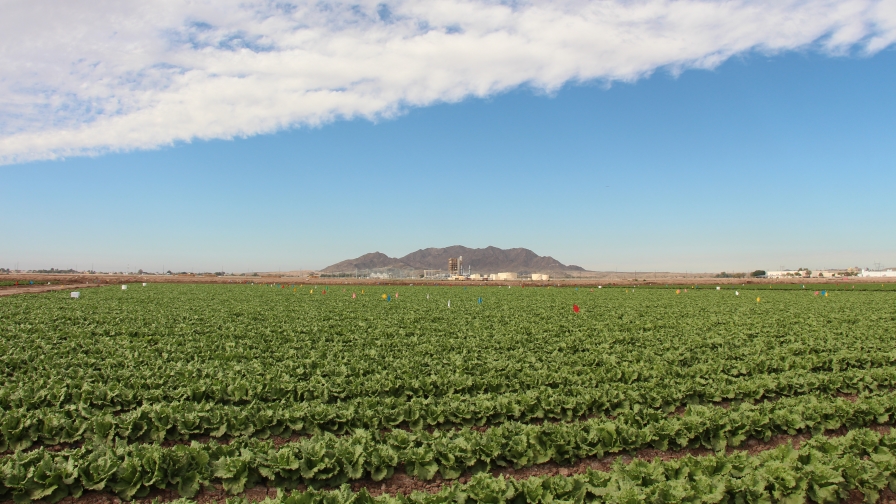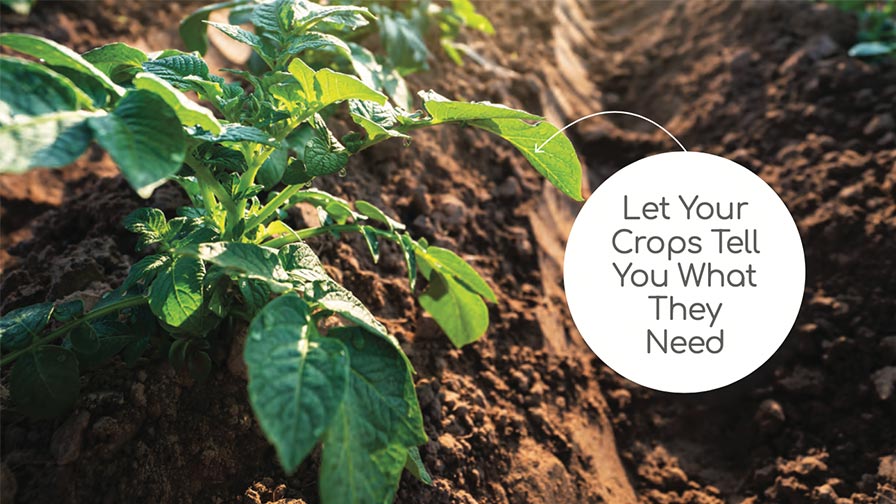LGMA Announces Plans for Even More Stringent Food Safety Measures
 Only a year after creating new rules to reduce the chance of contaminating leafy green crops with foodborne illness pathogens, both the California and Arizona Leafy Greens Marketing Agreement (LGMA) announced plans for another update to the rules.
Only a year after creating new rules to reduce the chance of contaminating leafy green crops with foodborne illness pathogens, both the California and Arizona Leafy Greens Marketing Agreement (LGMA) announced plans for another update to the rules.
Faced with another significant E. coli outbreak, the two LGMAs are laying the groundwork for a new set of safety rules. The California LGMA created new subcommittees to address agriculture water and soil amendments, while Arizona has a new subcommittee on sanitation of equipment.
The two groups are in the process of creating a confined animal feeding operations subcommittee as well as subcommittees on “other key subjects.”
Western Growers is facilitating the process of creating these new rules, which has committed to a transparent process based on recent research and established science.
New Research Underway
Last year, LGMA, with backing from FDA, set a number of new guidelines to keep crops safe, including increased setbacks in areas near feedlots, improved tracebacks, and environmental assessments. Those assessments insulted in a significant reduction in overhead sprinklers. The 2018/2019 rules resulted from multiple E. coli outbreaks. Although they were somewhat controversial, since many saw them as reactionary rather than based upon research, the traceback rules helped government investigators limit the range of the latest E. coli outbreak recall to leafy greens grown in the Salinas Valley. The 2018 pre-Thanksgiving recall included all romaine in the U.S.
LGMA emphasizes it will rely on research. In the same press released it encouraged leafy green growers to attend a Townhall Meeting next week (Feb. 4, 9 a.m. to 2 p.m.) at the Monterey County Agricultural Commissioner’s office. The meeting will present a broad study that will monitor environmental conditions that may be contributing to outbreaks stemming from California.
“We absolutely must know more about why and how our products are being exposed to pathogens in the environment,” the LGMA press release says.









